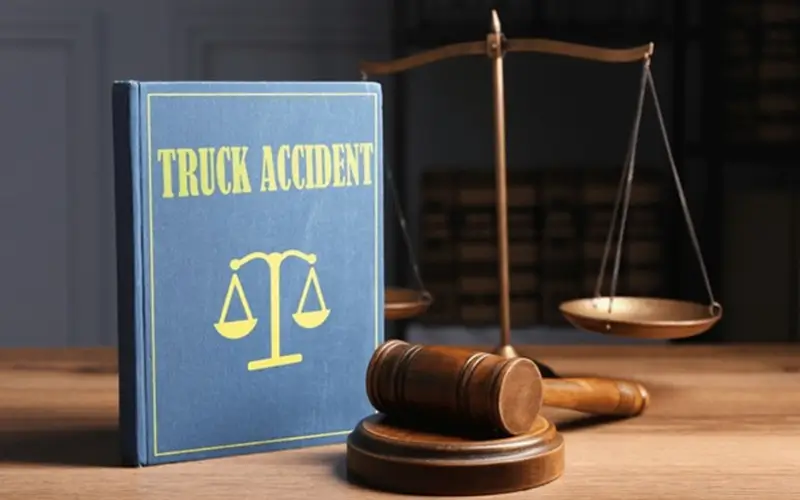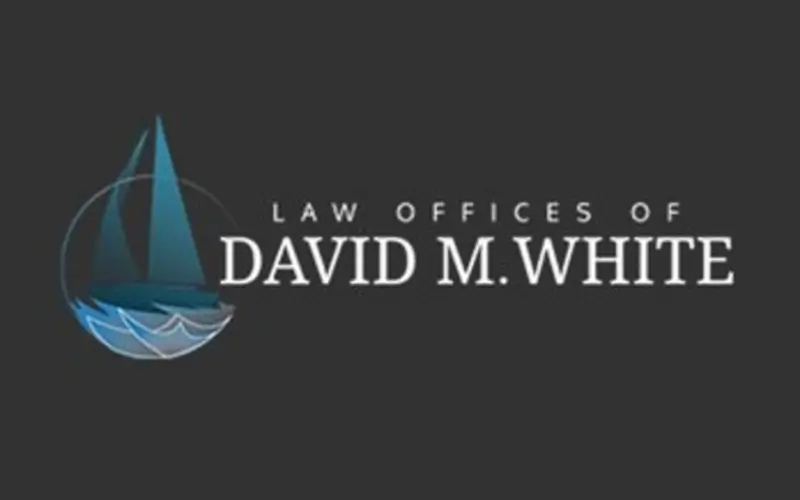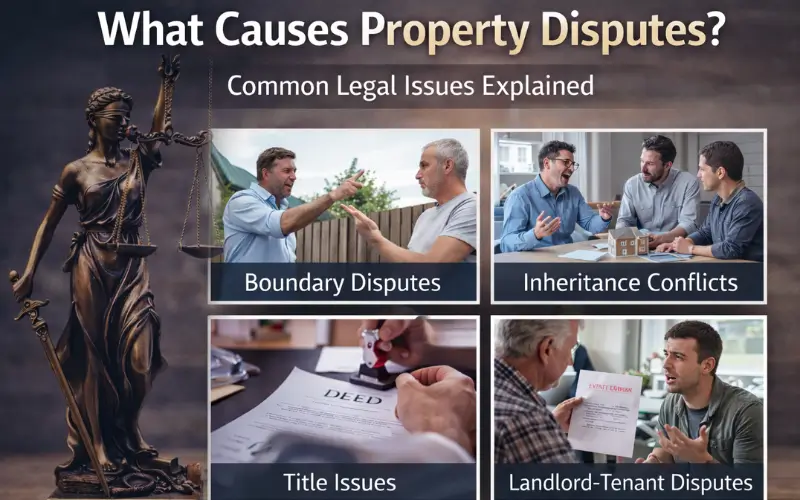When someone is seriously injured in a collision involving a large commercial vehicle, it’s essential to untangle not only how the crash occurred but also who may legally be at fault. If you find yourself in this situation, a truck accident attorney from Emmanuel Sheppard & Condon can help you understand your options and hold the right party accountable.
How Truck Accidents Commonly Occur
Truck accidents differ from standard car collisions because of the size, weight, and complexity of the vehicles involved. Here are common scenarios and contributing factors:
Driver Fatigue or Hours-of-Service Violations
Truck drivers must comply with federal regulations limiting how many hours they can drive without resting. When drivers push beyond those limits, fatigue impairs reaction time, judgment, and alertness.
Improper Maintenance or Mechanical Failures
Trucks are subject to heavy wear and tear. Brake failure, tire blowouts, steering malfunctions, or brake system defects often lead to loss of control. If the trucking company neglects inspection or maintenance, liability may follow.
Overloading or Poorly Secured Loads
Cargo that shifts or is improperly secured can destabilize the truck. Overweight trailers can make the truck harder to stop, and shifting loads can cause rollovers or jackknife situations.
Driver Error and Distracted Driving
Distractions like texting, adjusting controls, or using navigation systems while driving pose serious risks. Likewise, speeding, aggressive maneuvers, or ignoring traffic signals are common in truck collisions.
Poor Weather or Road Conditions
Rain, fog, snow, or debris on the road can worsen a marginal situation. Slippery surfaces, sharp curves, or inadequate signage can contribute to crashes. While weather is a factor, responsibility still depends on whether the driver or company took precautions.
Underride or Side-Impact Crashes
These occur when a smaller vehicle slides under a tractor trailer (underride) or is struck sideways by a truck. These crashes tend to cause catastrophic injury due to the structural mismatch.
Who Can Be Held Liable
Pinpointing liability in a truck crash often involves multiple parties. It’s rarely only the driver. Here are the possible responsible actors:
The Truck Driver
If the driver violated traffic laws, drove while fatigued, was impaired, or acted negligently, they may face liability for direct negligence.
The Trucking Company / Carrier
The company that employs or leases the truck is often liable under vicarious liability or direct negligence, for failing to train the driver, maintain the vehicle, or supervise operations.
Maintenance or Repair Contractors
If a part or component was negligently repaired or replaced—like brakes or tires—the contractor or parts supplier may share fault.
Cargo Loaders or Shippers
If the loading or securing of cargo was improper, the party that packed or loaded the trailer may bear responsibility.
Owner of the Truck
In some cases, the registered owner (if separate from the operator) can be liable for damages resulting from negligence or unsafe equipment.
Vehicle Manufacturers or OEMs
If a mechanical defect (brakes, steering, tires) caused or contributed to the crash, the parts manufacturer or vehicle maker may be a defendant under product liability principles.
Closing Thoughts
Truck accidents involve complex dynamics and often multiple layers of responsibility. Understanding how these crashes happen—and who may be legally liable—is the first step toward seeking justice and recovery. If you or a loved one is injured in a collision with a commercial vehicle, it’s wise to seek legal counsel early to protect your rights and navigate the complicated path ahead.




